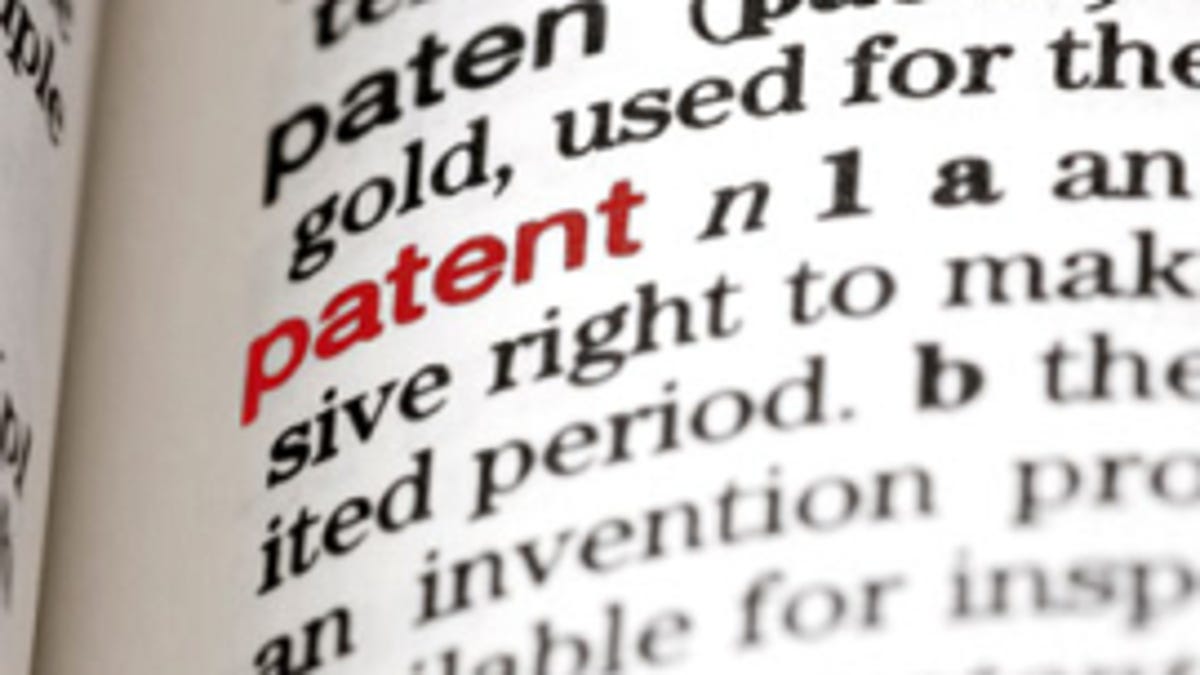Apple, Microsoft group get DOJ go-ahead for patent sale
The group of tech companies who teamed up to buy Nortel's patent portfolio last year has been cleared to finalize the deal.

The consortium of companies who successfully bid on Nortel's patent portfolio last year today received the go-ahead from the U.S. Department of Justice to proceed with the acquisition.
That deal was struck last June by the Rockstar Bidco consortium--a group of companies led by Apple that sought ownership of some 6,000 patents and patent applications from the bankrupt Canadian telecom equipment maker.
The deal was put on hold following a DOJ investigation into the effects of the sale, which had a mandated waiting period that expired today.
"We are pleased to emerge from this review process, and are looking forward to working with technology related companies to provide them with access to Rockstar's technology," John Veschi, Rockstar's chief executive officer and former chief intellectual property officer of Nortel said in a statement (pdf).
"The entire industry has benefitted from Nortel's groundbreaking innovations, and we are eager to work with them to establish licenses enabling the continued use of this technology," he added.
Rockstar's full roster included Apple, EMC, Ericsson, Microsoft, Research In Motion, and Sony. The companies beat out Google, Intel, and others for ownership of the portfolio that included patent applications for wireless, wireless 4G, data networking, optical, voice, Internet, and semiconductor technologies.
The deal comes at a time when numerous technology companies, many of which are a part of the consortium, are embroiled in litigation with one another over patent infringement in mobile devices. The practice has led technology giants to build up massive collections of intellectual property to both fend off, and go on the offensive against other companies.
Following the original deal, that very fact attracted the attention of the Justice Department, which began separate investigations into whether the winner would gain an unfair edge against the competition. Last month the DOJ said that the acquisition was "unlikely to substantially lessen competition," and was closing three of its investigations on the matter.

